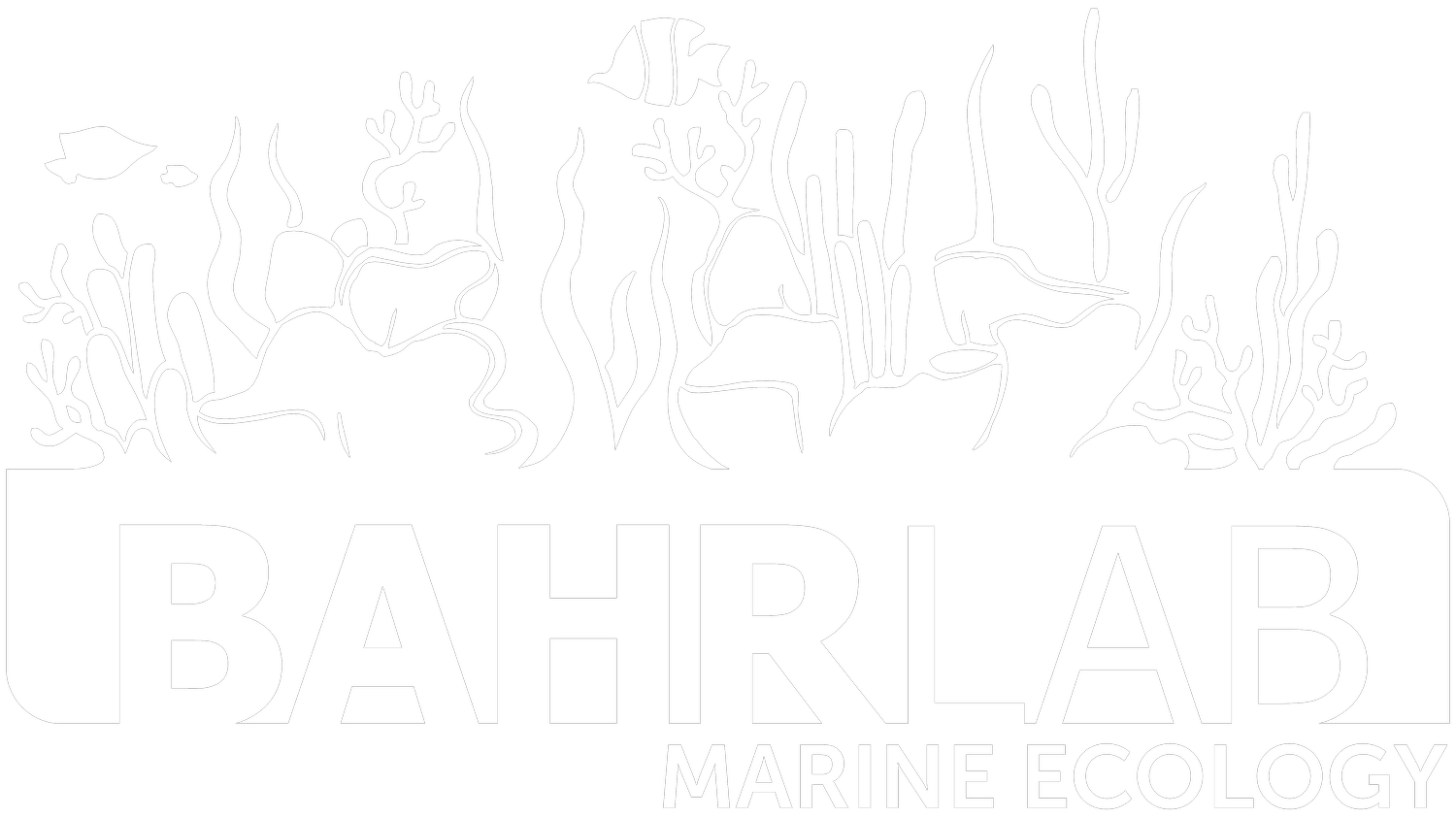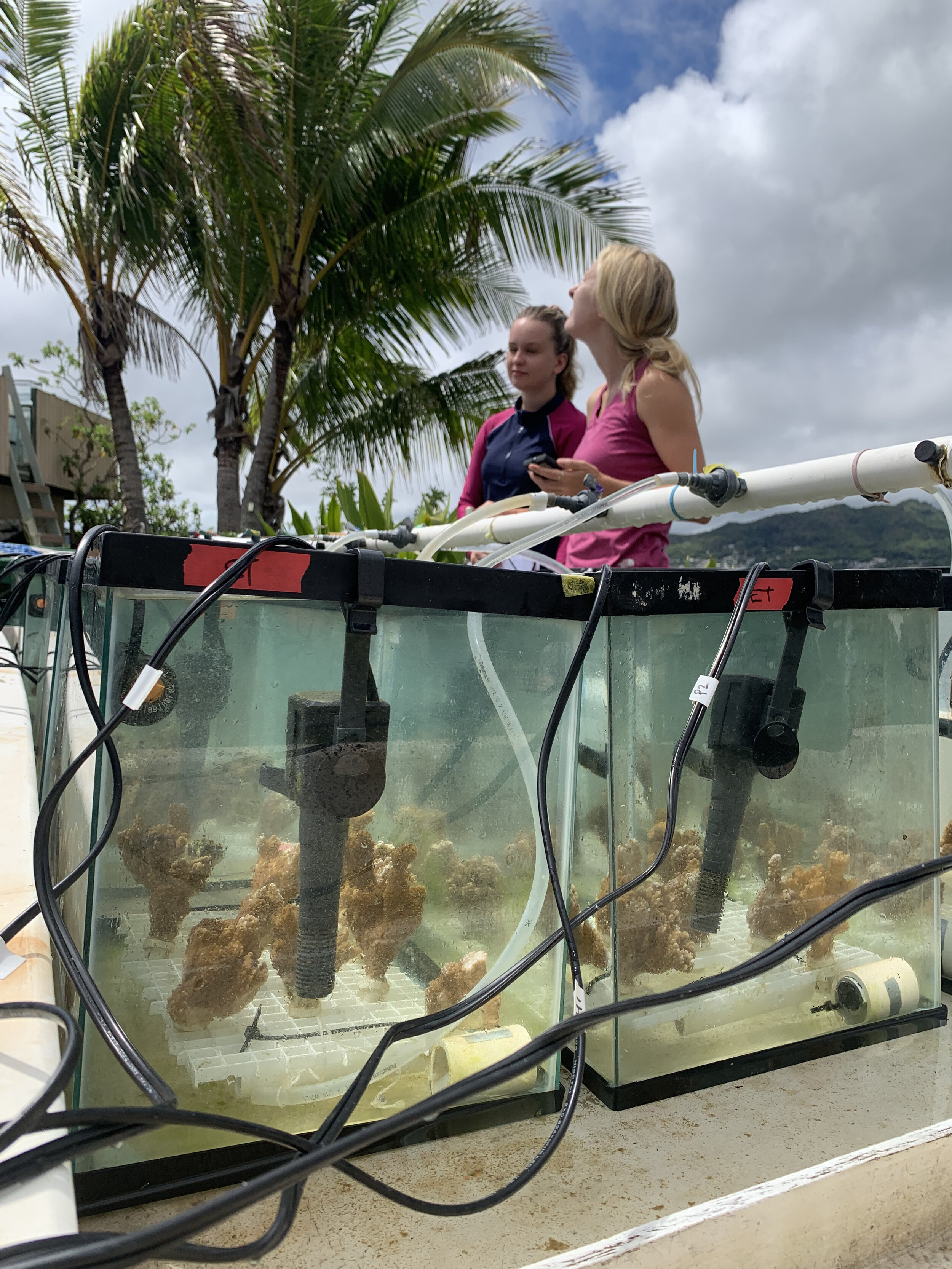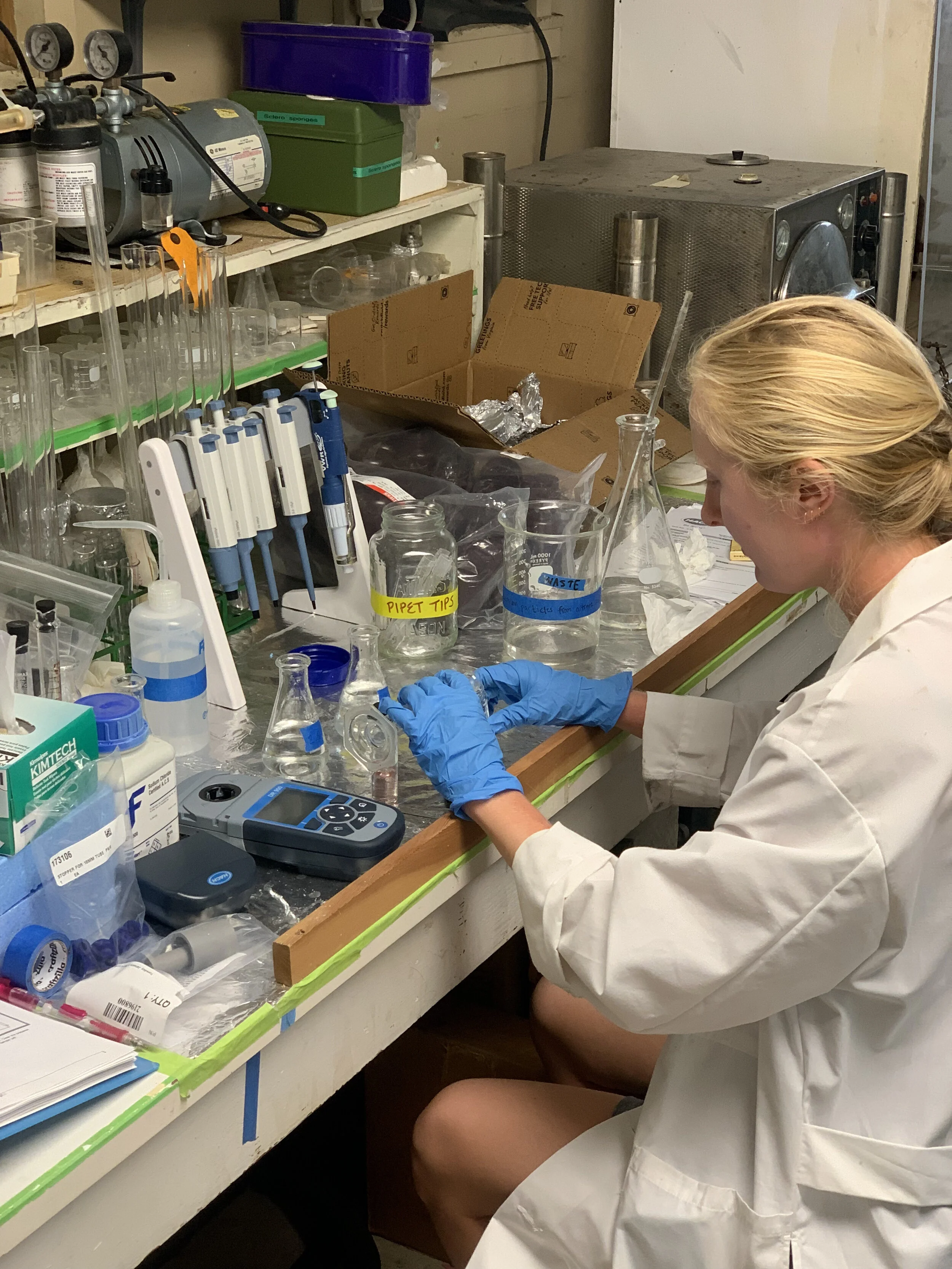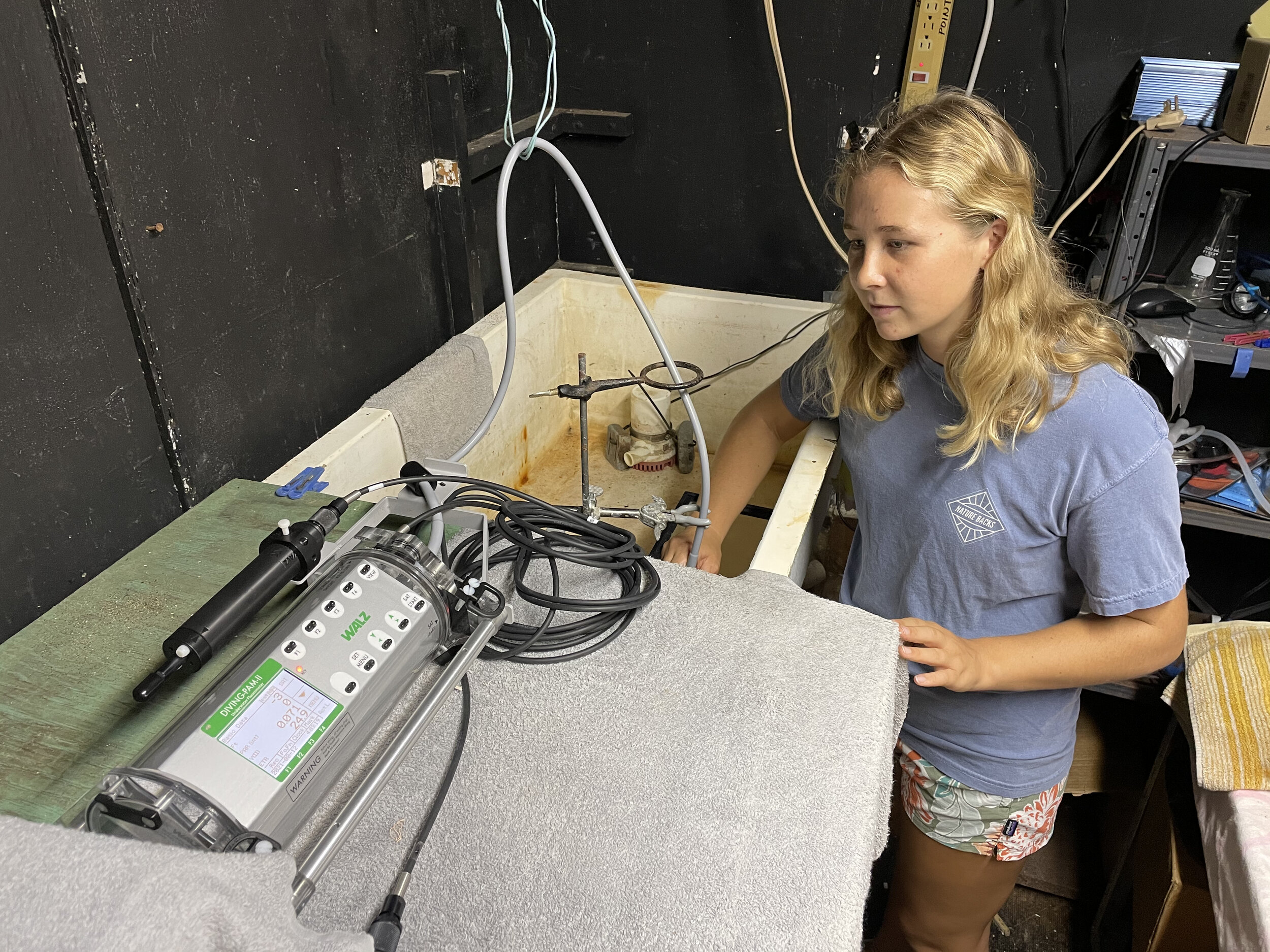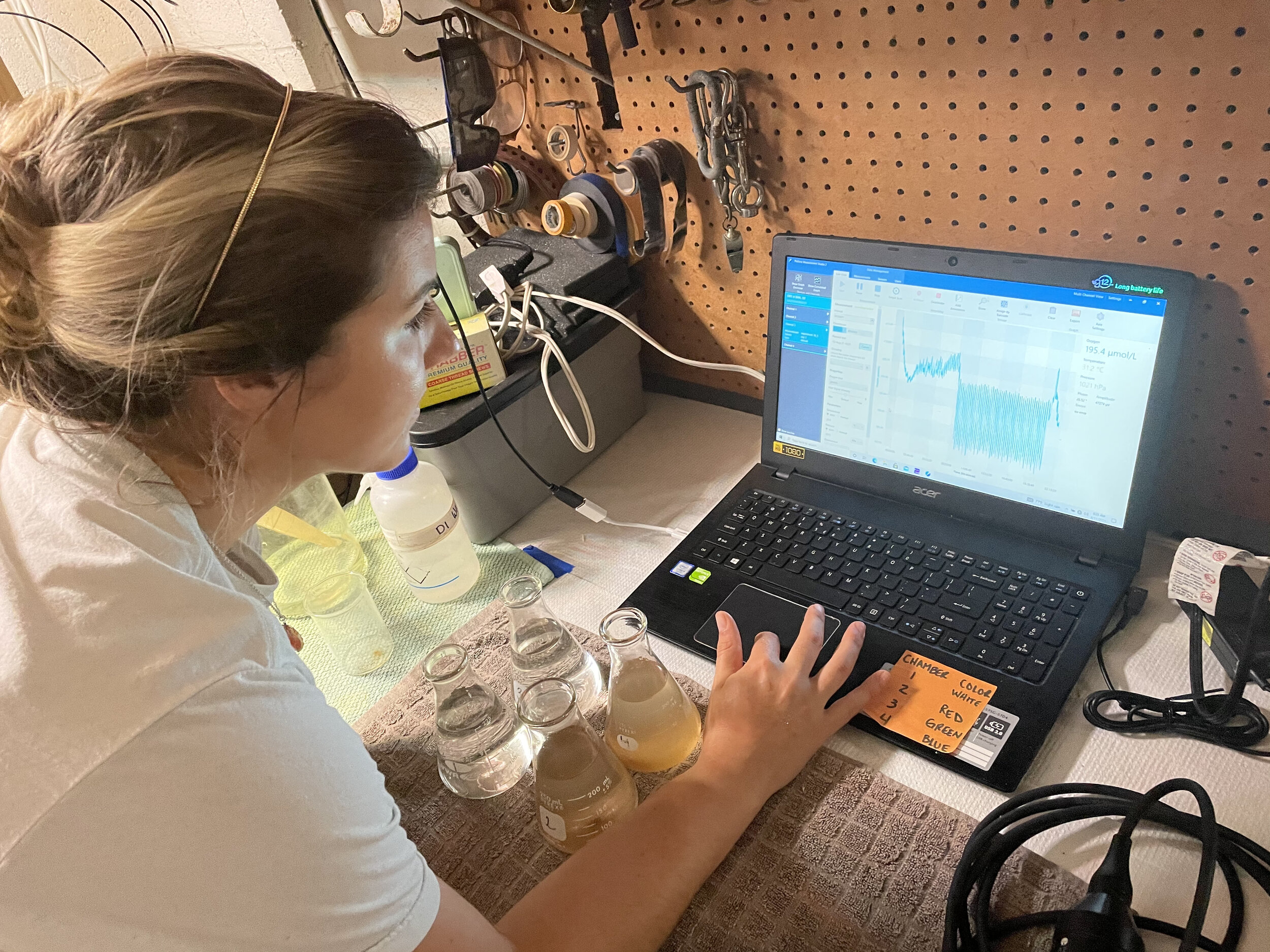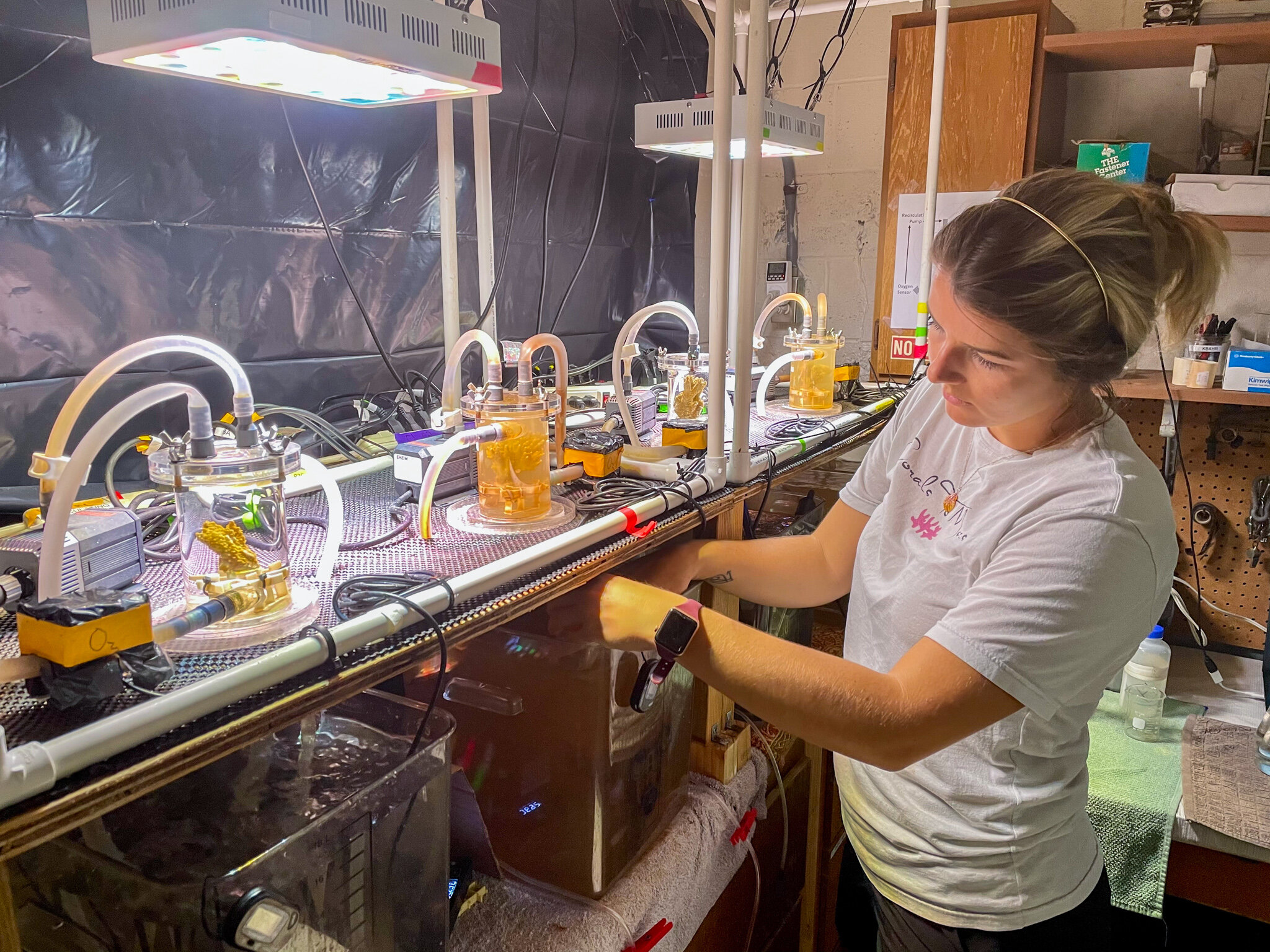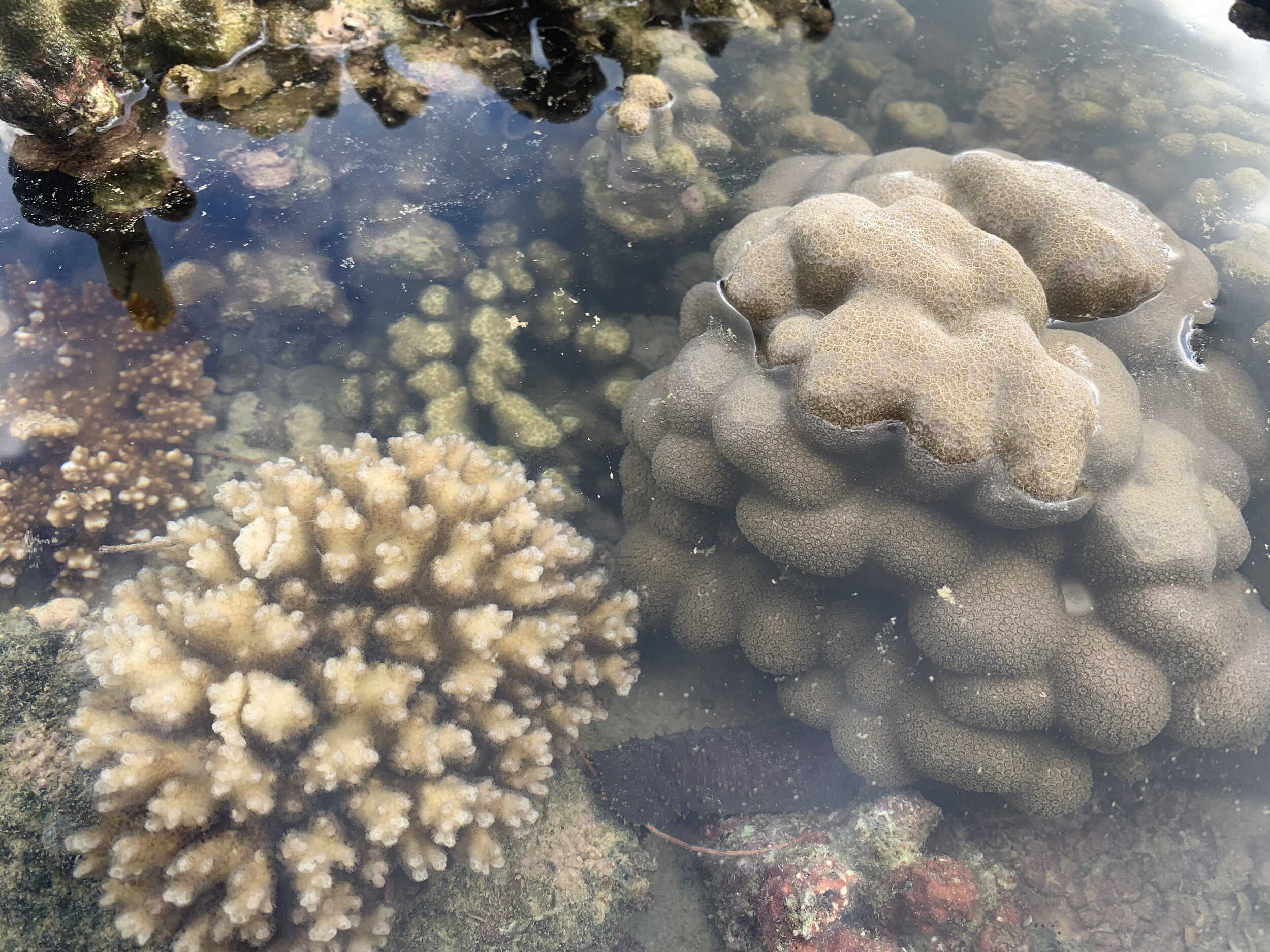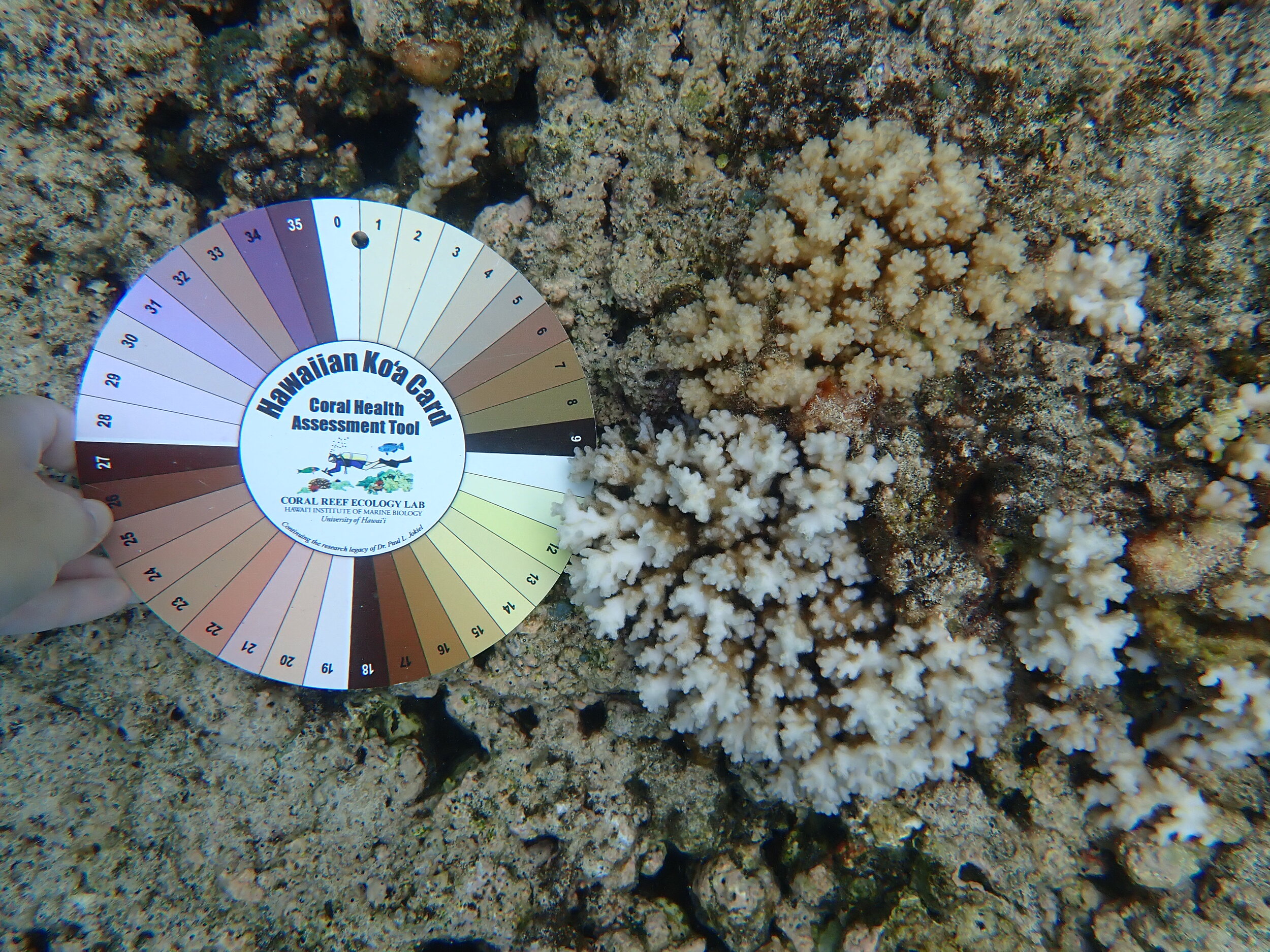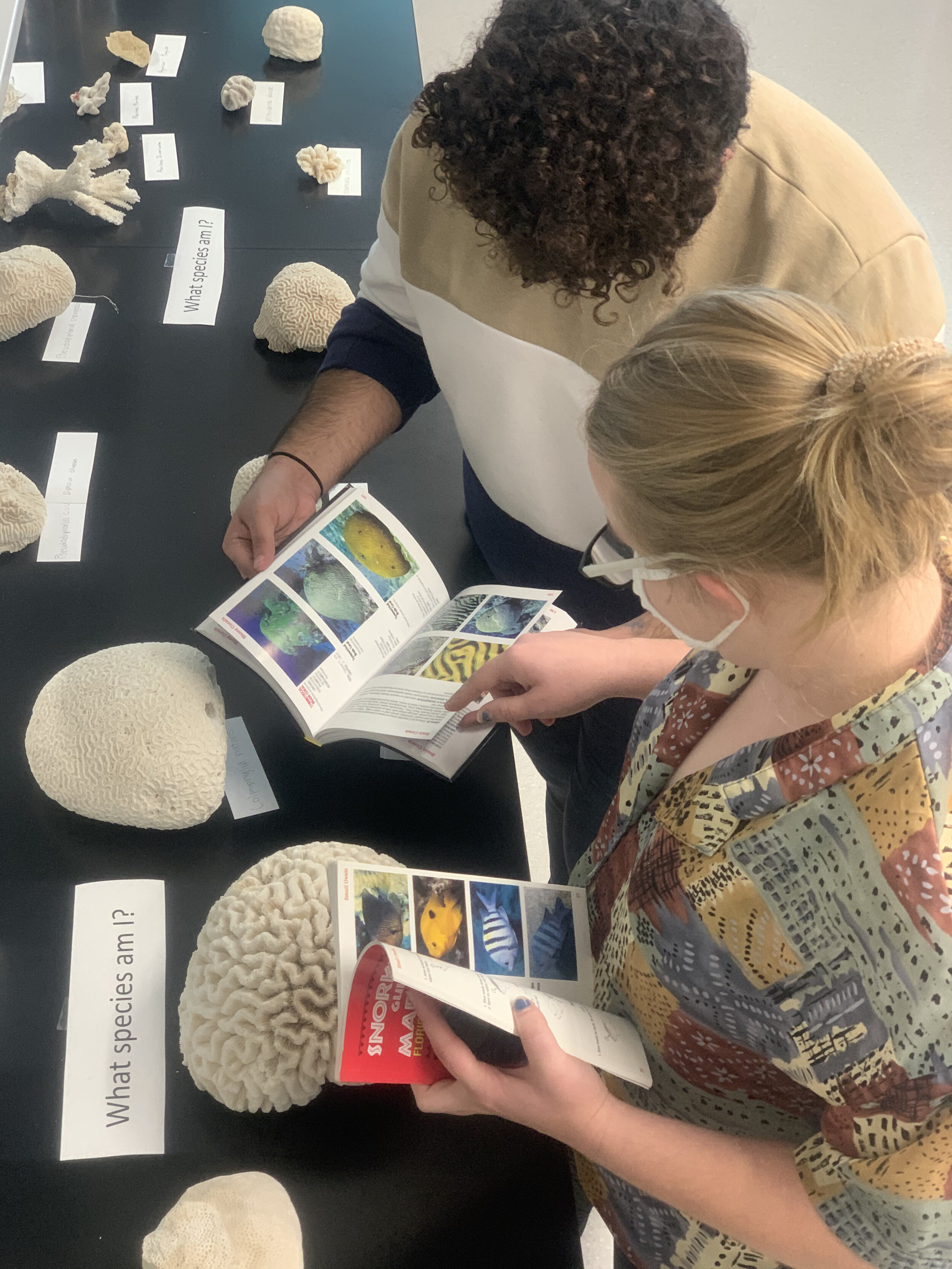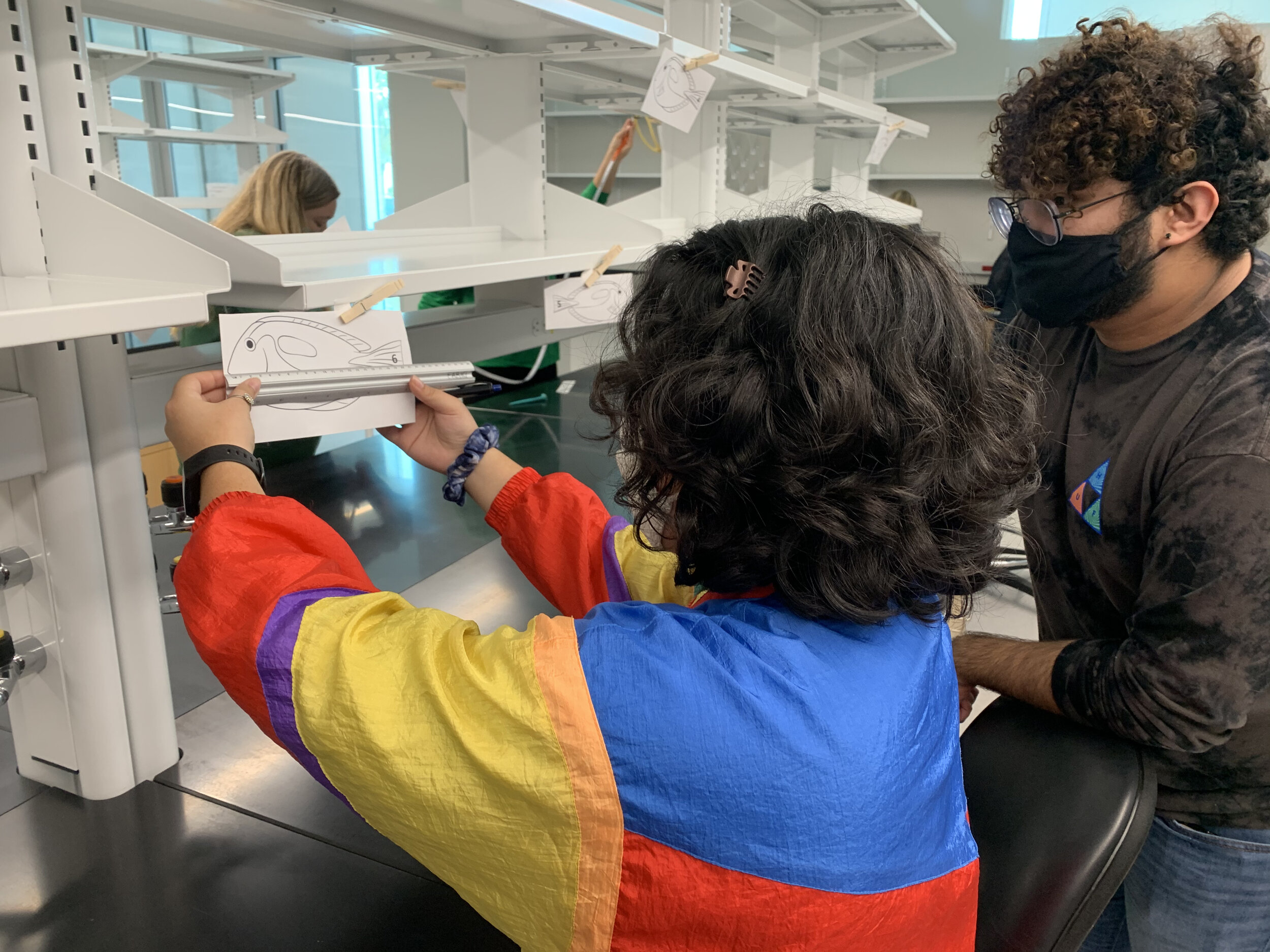RESEARCH THEMES
Our research program spans organizational levels to understand how organisms react and adapt to natural and anthropogenic environmental stress. Through this integrative approach, we seek to reveal insights into ecosystem health, resilience, and future patterns of biological diversity while providing practical solutions to managers, policymakers, and communities.
physiology
The integration of innovative respirometry approaches holds significant importance in our understanding of how organisms respond to environmental change. By utilizing these advanced techniques, we are able to gain valuable insights into the physiological and metabolic adaptations of organisms in the face of shifting environmental conditions. This knowledge is crucial for predicting and mitigating the impacts of environmental change on various species, aiding in conservation efforts, and informing policy decisions. Ultimately, the integration of innovative respirometry approaches enables us to unravel the intricate relationship between organisms and their environment, leading to a deeper comprehension of the intricacies of ecological systems and fostering a more sustainable coexistence between humans and nature.
ECOLOGY
The investigation of organism-environment interactions and the influence of the environment on community structure, recruitment, function, and biodiversity holds significant importance. By studying these dynamics, we gain a deeper understanding of how organisms adapt, thrive, and contribute to ecosystem stability in the face of environmental changes. This knowledge is crucial for predicting and managing the impacts of environmental shifts on ecological communities, identifying vulnerable species, and implementing effective conservation strategies. Furthermore, investigating these relationships allows us to unravel the complex web of ecological processes and enhance our ability to preserve biodiversity, promote sustainable practices, and safeguard the health and resilience of ecosystems for future generations.
CLIMATE CHANGE
The combination of climate change and anthropogenic stressors like sedimentation, overfishing, trampling, and nutrient loading affects organisms differently. Understanding why certain species are more susceptible is crucial for predicting future biodiversity patterns. By identifying vulnerable species and their responses, we can develop targeted conservation strategies to mitigate decline and preserve biodiversity. Integrating this knowledge helps inform decision-making and implement effective management practices to protect and restore ecosystems in the face of these challenges.
SCIENCE Based SOLUTIONS
Together, this work provides a framework to model future species composition, abundance, and available habitat for future ecosystems. With these models, scientists, managers, and policymakers can prioritize areas that are subject to the most immediate and dangerous threats and discuss strategies to minimize local and climate change effects in those areas.
